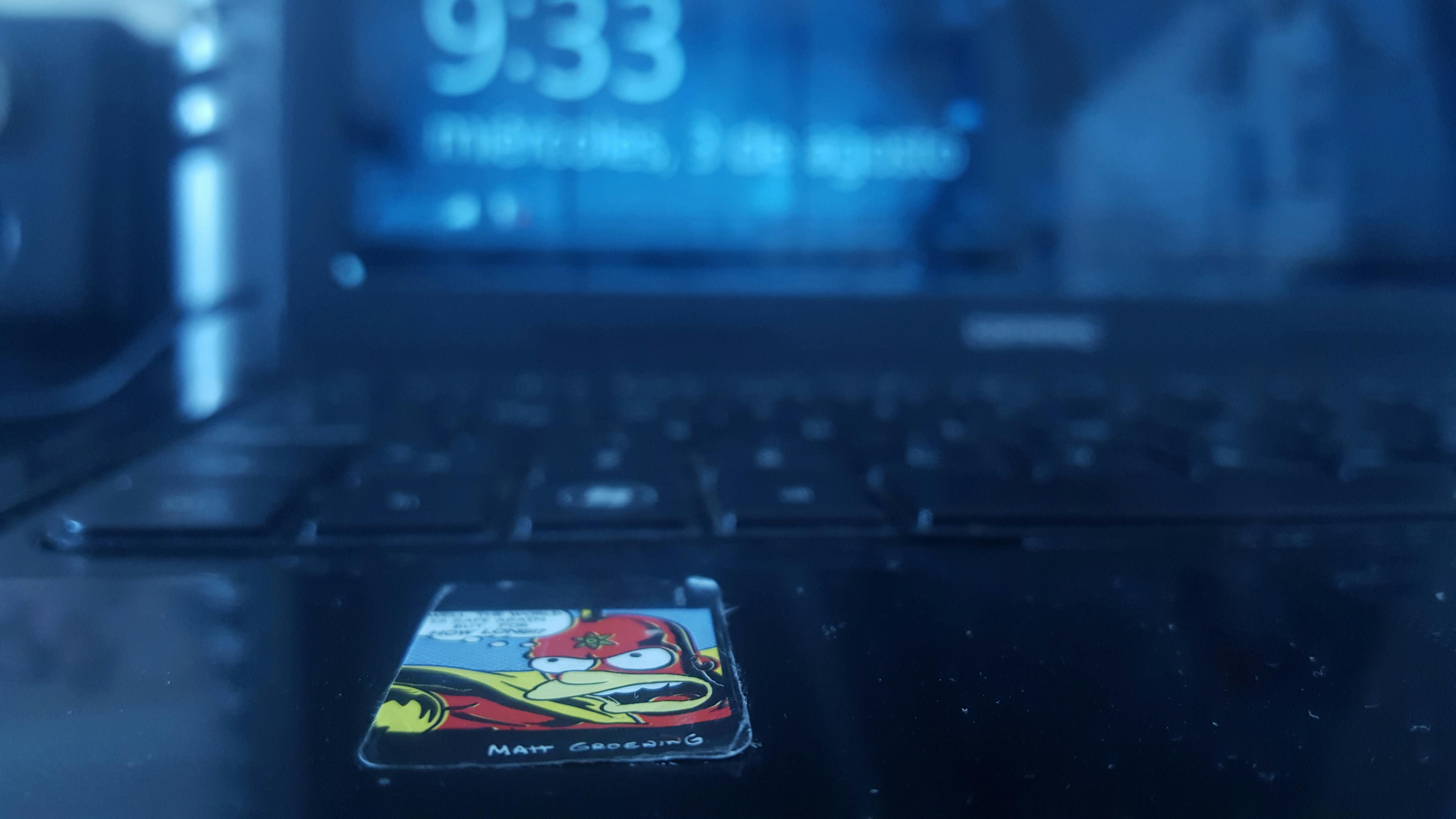Your identity is unique to you: it’s your name, address, social security number, financial status, credit history, mother’s maiden name, and credit card numbers. It’s all you have to identify who you are besides your fingerprints. The problem is that identity can be stolen and with the widespread use of the Internet, it is becoming easier to obtain supposedly private information from other people. If you become a victim of identity theft, there are many consequences. You will literally spend years cleaning your records (possibly credit and criminal). You will probably be denied credit and even be denied a job. You could even be arrested for crimes you did not commit.
People who want someone else’s information have several ways to get it. They may steal information from records where they work, or they may look over your shoulder at the checkout line and memorize your check information or credit card numbers. Some criminals are starting to use more high technology. They may use devices called skimmers to obtain credit card numbers when the information is transferred to the company. They also often use the Internet to scam unsuspecting people into giving them private information.
Phishing is the term used to describe the act some criminals use to obtain account information from people. What they do is send emails posing as respected and established websites that often deal with money (such as eBay) requesting information. They are usually worded to make people worry that there might be illegal activity on their account and then ask them to follow a link and enter their personal information, including account name and password. The link takes them to a site that mimics the original site (which is actually quite easy to do). When people enter their personal information, crooks use it to break into accounts and change the password so that the owner can no longer access their own account. Criminals then use the account to transfer money from bank accounts (if linked to them) or use the credit card information people have stored there.
You can protect yourself from online identity theft in the following ways:
– If you think you have received a phishing email, do not click on any links provided in the email. Instead, open a new browser, type in the address of the website in question, and find contact information to call or email them over email. Remember, they already have your information and will not need it back.
– Be sure to use an antivirus program and a firewall to protect your computer from harmful files and spyware that can track your movements on the Internet.
Five tips to help prevent identity theft (for you and your family)
1. Limit access to your family’s Social Security numbers by never providing them on non-essential forms and by finding out why people ask for them. If they want it for identification purposes, simply request that you or your family member be assigned a different identification number.
2. Always shred all papers with account and social security numbers on them.
3. Never give out your personal information over the phone or the Internet.
4. Protect your credit card and check numbers when you shop so people can’t see them and memorize the information while waiting in line behind you.
5. Teach your children not to give out personally identifiable information to anyone, especially over the Internet.
